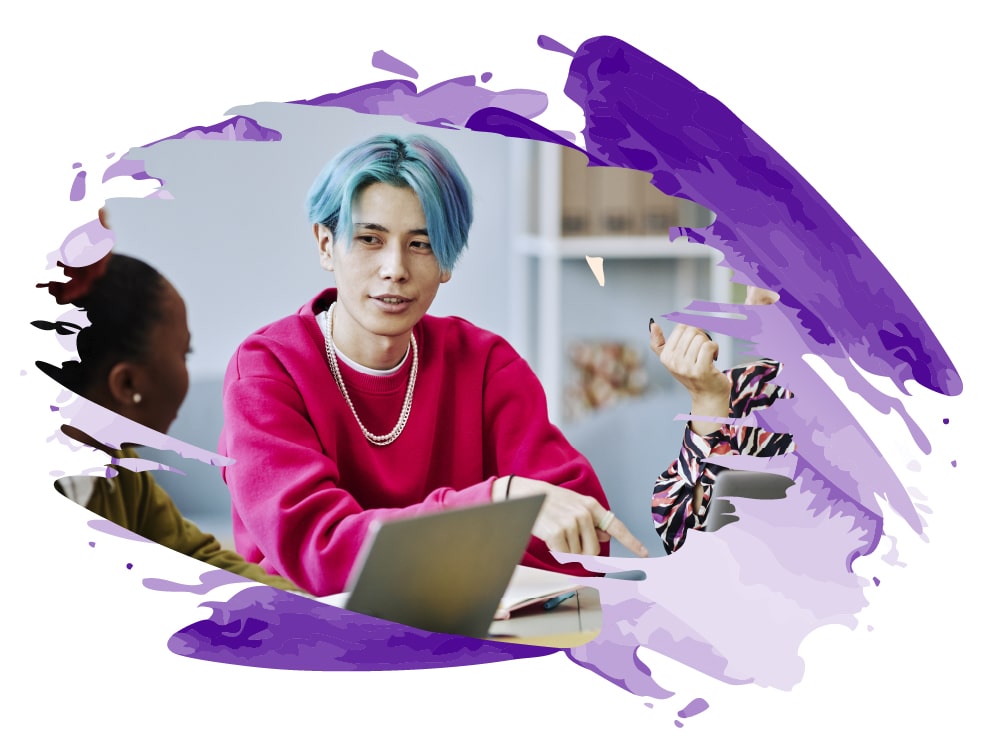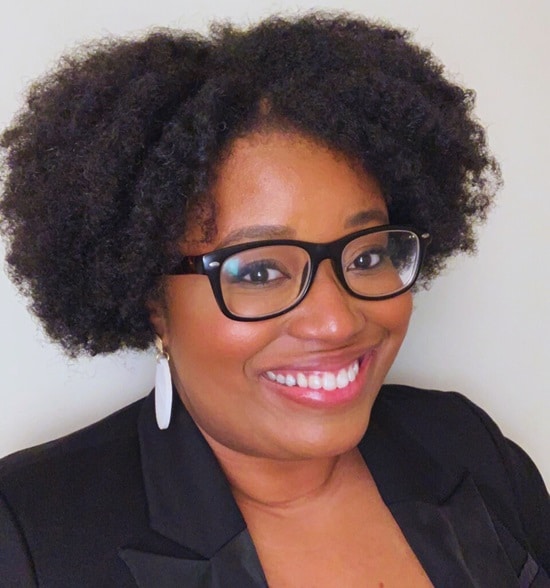In a world filled with different forms of injustice, being self-aware and connecting with others is crucial for building more inclusive and supportive communities of color rooted in a commitment to mindful justice. Understanding how various identities — like race, gender, and ability — shape your experiences in similar and distinct ways from others can help you forge deeper connections within your communities. And, this understanding can help you advocate for forms of justice beyond those that directly benefit you.
As I grew into adulthood, I gained a deep sense of connection with my own experience and learned to articulate them well. Yet, for other people who were less like me, I struggled to fully grasp how our journeys differed across intersections of identity. Regrettably, I became aware of moments when the limitations in my empathy and experience led to relationship challenges in the community that I believed I loved in its entirety. A pivotal moment in my growth was recognizing my inability to empathize with the experiences of queer and gender diverse individuals in my childhood community, a reflection of the biases I had unknowingly absorbed.
With time, intention, support, and humility, I developed an openness and flexibility that has allowed me to establish a more mindful commitment to developing strong relationships with members of these communities, and others, despite my own imperfections. Through this journey, I’ve come to understand that aligning our actions with love for all members of our communities requires effort to uncover and address the biases and stigma we carry.
This personal reflection reminds me of the Ubuntu philosophy, ‘I am because we are,’ which underscores the interconnectedness of our lives within communities of color and the necessity of love in our actions.
The importance of reflective action in communities of color
Just as my journey taught me the importance of being mindful within my relationships, your efforts to create mindful connections requires intentionality and commitment. As surveys of young people just like you demonstrate, there is already a commitment being manifested each day by you and others who are taking steps to understand and support one another.
The saying ‘we are all we got’ reminds us of the strength that comes from leaning on and supporting each other. Recognizing the unique experiences of others and finding ways to connect across these similarities and differences is key to increasing unity and collective well-being.
3 reflective steps towards mindful connection
These steps are designed to guide you through self-awareness, relational understanding, and collective action — key components of building mindful relationships within communities. Creating strong relationships is also an important way to support your mental health and emotional well-being.
1. Ask yourself, who am I to me?
Understanding yourself deeply allows you to connect authentically and meaningfully with others. Begin your self-exploration by reflecting on your identities and their impact on your sense of self. This reflective process can lay the foundation for increased self-awareness and a starting point to building or strengthening empathic, conscious, and grounded connections with others in your communities.
2. Ask yourself, who am I to you?
With greater clarity about how your identities have impacted you, the next step is to examine how other people have experienced and been impacted by you. Reflecting on how your words, actions, and assumptions influence relationships with others can support your efforts to build bridges within the community. This exercise can deepen your empathy, support you in challenging biases or stigma, and expand your ability to strive for mindful justice in the challenges others face.
3. Ask yourself, who are we to each other?
With greater clarity about how you impact others, the next step is to consider how these relationships come together to shape and support the collective. Building community is strengthened by an acceptance of the interdependence of your relationships. This reflective process can support you as you engage with collective actions needed to support all members of your community.
The Takeaway
Recognizing that we all have a role to play in caring for ourselves and our communities is a vital step toward building strength and resilience in the face of injustice. Your efforts to bring humility, intention, and flexibility into relationships can expand your awareness and nurture meaningful connections.
These connections can spark productive conversations, strengthen solidarity towards necessary actions, and support mental health and emotional well-being in your community for the long term. Looking for ways to take the next step? Check out the Justice toolkits for practical resources to support you in your journey!

